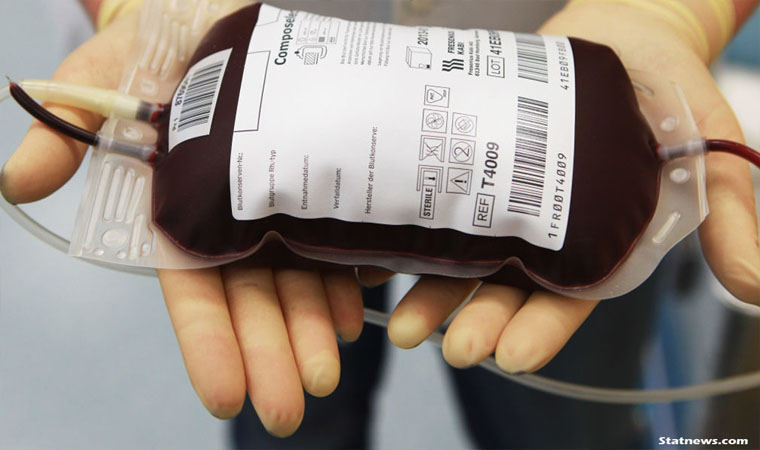
Bladder Stones – In Animals and Humans
Bladder stones are stones that occur in the urinary tract and the urinary bladder. There can be various reasons for the formation of bladder or kidney stones. One of the prime factors is a higher concentration of mineral salts in the urine. The excess mineral begins to precipitate outwards and forms layers of deposits. Alkaline solutions possess a greater degree of minerals. Animals like cats and dogs have naturally acidic urine due to which, a change in concentration can result in stones even their system.
A straightforward understanding is a fact that minerals dissolve in acidic medium. In a more alkaline medium, it is sometimes complicated to allow them to dissolve and that’s why the slow formation of stones comes about. This is how bladder stones are formed.
Urine comprises urates, bile salts, potassium, and other wastes that are to become discarded from the body. The area which is present …
Bladder Stones – In Animals and Humans Read More

